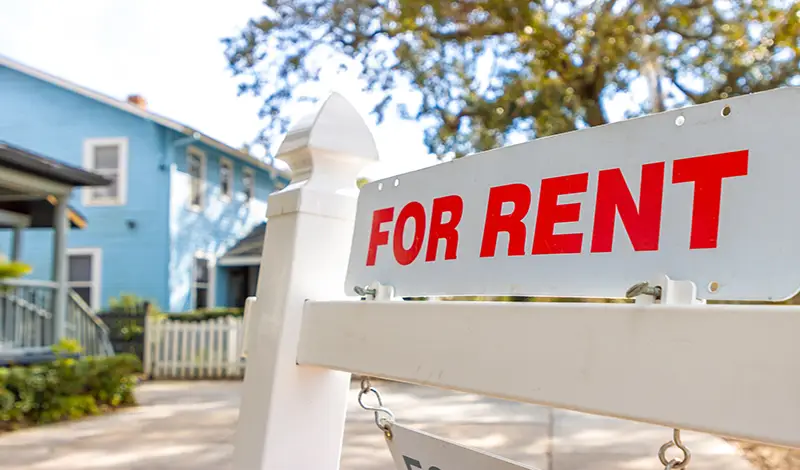Rental Properties vs Airbnb
Published on April 1, 2024 | 4 Minute read

Melanie
Ortiz Reyes
Content Specialist
Real estate investment offers a myriad of opportunities for wealth building and financial freedom. Among the various strategies available, rental properties and Airbnb rentals stand out as popular options for investors looking to generate passive income and build equity over time. Both avenues have their advantages and considerations, making it crucial for investors to weigh the pros and cons before diving in.

Understanding Rental Properties
Rental properties have long been a staple of real estate investment. The concept is simple: investors purchase residential or commercial properties and rent them out to tenants in exchange for monthly rental income. Here are some key aspects to consider when investing in rental properties:
Steady Cash Flow - One of the primary benefits of rental properties is the steady stream of passive income they can generate. With long-term leases, investors can count on consistent rental payments to cover expenses and generate profits.
Equity Building - Rental properties offer the opportunity to build equity over time through mortgage paydown and property appreciation. As tenants pay down the mortgage, investors' equity in the property increases, providing long-term wealth-building potential.
Tax Advantages - Real estate investors enjoy various tax benefits, including deductions for mortgage interest, property taxes, maintenance expenses, and depreciation. These tax advantages can help minimize taxable income and maximize overall returns.
Property Management Considerations - While rental properties can provide passive income, they require ongoing management and maintenance. Investors must be prepared to handle tenant issues, property repairs, and other management tasks or outsource them to a property management company.

Exploring Airbnb Rentals
In recent years, the rise of the sharing economy has revolutionized the way people travel and book accommodations. Airbnb rentals, which allow property owners to rent out their homes or units on a short-term basis, have become increasingly popular among investors seeking alternative income streams. Here's what you need to know about investing in Airbnb rentals:
Higher Rental Income Potential - Airbnb rentals often command higher nightly rates compared to traditional long-term rentals. Depending on the location and property type, investors can capitalize on peak travel seasons and special events to maximize rental income.
Flexibility and Control - Airbnb hosts have greater flexibility and control over their properties, allowing them to adjust rental rates, availability, and house rules based on market demand and personal preferences. This flexibility can be appealing to investors who value autonomy in managing their investments.
Market Saturation and Regulation - In some markets, Airbnb rentals face challenges related to market saturation and regulatory restrictions. Local regulations may limit the number of days a property can be rented out or impose additional licensing and tax requirements on hosts. Investors should research local laws and regulations before investing in Airbnb rentals.
Higher Turnover and Maintenance Costs - Unlike long-term rentals, Airbnb properties typically experience higher turnover rates as guests come and go. This turnover can result in increased cleaning and maintenance costs for investors, as well as potential wear and tear on the property.

Making Informed Investment Decisions
When deciding between rental properties and Airbnb rentals, investors should consider their financial goals, risk tolerance, and personal preferences. Here are some factors to weigh:
Market Dynamics - Analyze local market conditions, demand for long-term rentals versus short-term rentals, and regulatory factors that may impact investment returns.
Financial Considerations - Evaluate potential rental income, vacancy rates, operating expenses, and financing options to determine the financial feasibility of each investment strategy.
Property Type and Location - Consider the type of property you wish to invest in (e.g., single-family homes, multi-unit buildings, vacation rentals) and its location relative to amenities, attractions, and transportation hubs.
Management Requirements - Assess your willingness and ability to manage the property, handle guest inquiries and issues, and coordinate cleaning and maintenance tasks.
Investing in real estate can be a lucrative venture, whether through rental properties or Airbnb rentals. Both investment strategies offer unique benefits and considerations, catering to different investor preferences and market dynamics. Whether you choose to build a portfolio of long-term rental properties or capitalize on the short-term rental market with Airbnb, the key is to approach investing with diligence, foresight, and a long-term perspective.